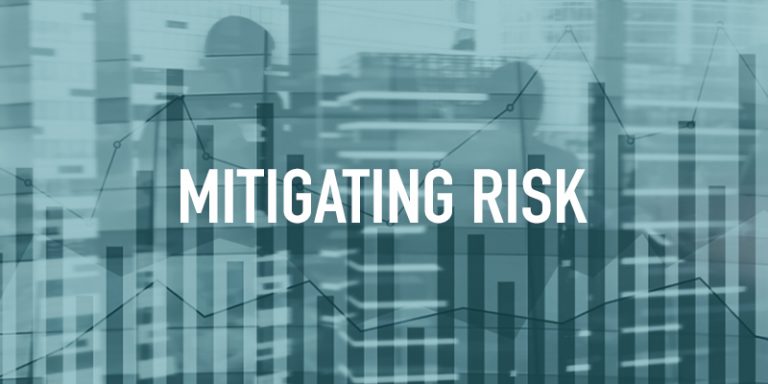Tim Gaspar, owner of Gaspar Insurance Services in Woodland Hills, No. 10 on the Business Journal’s list of Insurance Brokerage Firms, said pandemic insurance for clients is essentially nonexistent.
Gaspar has received calls from employers about what they can do to lessen risk concerning the spreading coronavirus. But to write a line for pandemic insurance would be broker suicide.
“It’s just this big gaping hole; there’s no coverage for it,” Gaspar explained.
“The insurance companies don’t know enough about it to feel comfortable putting a price on it. The last thing they want to do is issue a policy they don’t totally understand the risk for. And they also don’t know how long it’s going to last and how far it’s going to go.”
There’s simply no data to calculate coverage for the effects of COVID-19. Gaspar said so in an article he wrote for his clients, noting that “insurance companies don’t have enough data to predict what a pandemic will do and no way of knowing how far an illness will spread, or if a cure or vaccine will be found.”
Mitigation
However, risk consultants, who are actuaries, can analyze a business against the recommended protocols from the Centers for Disease Control and other government outlets. “If you can’t get an insurance policy, the best thing is going to be risk mitigation or risk prevention,” said Gaspar. “In New York, Mike Bloomberg actually said that they’re splitting their workers into two separate buildings. … Some sorts of things you’d want to do which are not nearly as much trouble is make sure your folks are set up to work from home now.” Employers should ensure the technology is in place to allow for telecommuting. If workers come to the office, get sick and no one at the company tells them they need to go home, that could turn into a workers’ compensation case down the road, according to Robert Barberie, principal at Olympic Insurance Agency in Simi Valley. Olympic is No. 19 on the Business Journal’s list.
“I’m sure most companies will not view it as a work-related claim, but if you’re in your office today and someone comes in and you pick (the virus) up, technically that’s a workers’ compensation claim,” said Barberie.
“You’re exposed to it in the work environment so if you’re out for a couple weeks or months, or God forbid something worse, I don’t think the actuaries and people that set the rates for workers’ compensation could have predicted something like this.”At the end of the day, Barberie said, workers’ compensation is a no-fault situation. Carriers would still be on the hook for claims like these, and while some may fight them, the majority of carriers will pay them. According to the Insurance Information Institute, a national trade organization, related insurance areas that are likely to see an uptick in coverage interest and claims because of the coronavirus include travel, business liability and life insurance. Political risk policies, which provides coverage for business interruption losses as a result of government regulatory actions, could also be impacted.
Wildfires and cybersecurity
After an estimated $20 billion-plus paid out in California due to fire losses, potential claims stemming from coronavirus may prove to be a one-two punch. “The industry is in extreme turmoil right now from the standpoint of all the catastrophes in the last two to three years,” said Barberie, referring to property insurance on commercial and personal lines. “You have a lot of insurance carriers reevaluating why they’re in the state of California and why they write in certain geographical areas.”“The Department of Insurance in the state of California has really tried to prevent insurance carriers from cancelling thousands of policies all at once, especially in the personal lines,” Barberie added.Workers’ compensation, at least along with cyber liability and employment practice liability, continue to be busy sectors, Barberie noted. “If you own a business, let’s take the San Fernando Valley, the chance of somebody coming in in a ski mask and robbing you of a bunch of money, I guess it could happen but it’s not likely,” added Gaspar. “It’s probably something that is not going to happen. What is going to happen is somebody almost every day is going to try to steal from you electronically.” Gaspar has seen hackers get more sophisticated, sending emails supposedly from a manager asking an employee to do something as simple as wire a payment to a vendor. “People that are smart and resourceful are getting tricked, and when they get tricked, they might get tricked into wiring $100,000 somewhere. That’s a lot more money than anyone can get from a holdup,” added Gaspar. “I honestly think that some businesses are not worried enough about it. Everyone is going to get hit by it eventually; it’s a money machine for the people that are doing it.”




